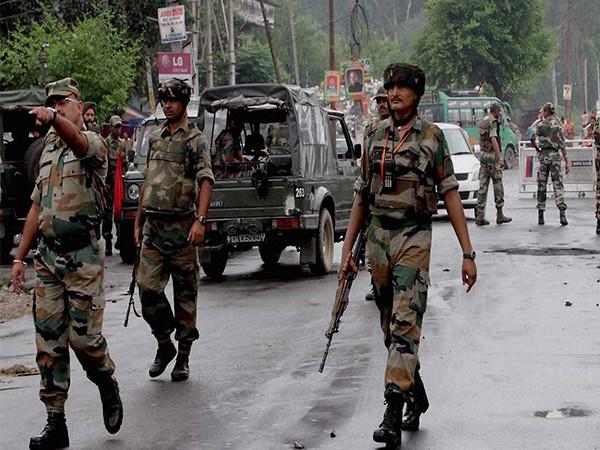Nagaland: Mindlessness of AFSPA

Image Courtesy: mijaaj.com
With the Union Ministry of Home Affairs extending Armed Forces Special Powers Act, 1958 (AFSPA) for another six months on December 30, 2017, the long run of this draconian law enters its 60th year. In the process it mocks at India’s constitutional democracy and raises questions about ‘application of mind’ mandated by the Supreme Court judgment of 1997 which laid down certain ground rules for its extension. The idea was to prevent a routine extension of the Act and compel the Government to cite grounds as to why extension was necessary.
The notification issued by the home ministry extending AFSPA by another six months claims that Nagaland is in such “a disturbed and dangerous condition that the use of armed forces in aid of the civil powers is necessary”. However, the state government in a letter dated October 5, 2017 had informed the home ministry that the “Government of Nagaland is opposed to the proposals for extension of notification declaring Nagaland as disturbed area”. The letter also reminded that most of “underground factions” are in truce with the Government of India, barring National Socialist Council of Nagaland (Khaplang). And insisted that the state was “peaceful” compared to many other regions and that instances of extortion or activities of the NSCN (K) did not constitute a threat to internal security.
Indeed if the situation was so “disturbed and dangerous” according to the home ministry then on what basis are elections to the state Assembly to take place? Elections entail canvassing for votes and campaigning by political parties. Is that possible in these so called “disturbed and dangerous” conditions?
It is worth recalling that when AFSPA was enacted in 1958 by the Indian parliament, the then Union Home Minister GB Pant had assured members that the Act was to be “temporary” besides only confined to Naga areas. The extraordinary nature of legal immunity conferred on the armed forces personnel was considered necessary to meet an extraordinary situation arising out of Naga people’s opposition to become part of the Indian Union. It was claimed that once Indian state restored its authority AFSPA would be withdrawn. Sixty years since then, AFSPA reveals its perennial nature with no end in sight.
The Supreme Court of India on July 8, 2016 had also observed that “normalcy not being restored cannot be a fig-leaf for prolonged, permanent or indefinite deployment of the Armed Forces….as it would mock at our democratic process”. Civil liberties group in India as well as abroad have repeatedly argued against AFSPA and consider this as falling foul of international civil and political rights apart from India’s own constitutional provisions which guarantee freedoms, especially Right to Life. Although AFSPA does not define a new offence what it does is to protect armed forces personnel from threat of prosecution for any crime (including killing any one on mere suspicion) committed by them in course of their operations. And ends up creating a condition of virtual impunity for the personnel, which is detrimental for a functioning democracy.
Get the latest reports & analysis with people's perspective on Protests, movements & deep analytical videos, discussions of the current affairs in your Telegram app. Subscribe to NewsClick's Telegram channel & get Real-Time updates on stories, as they get published on our website.
























